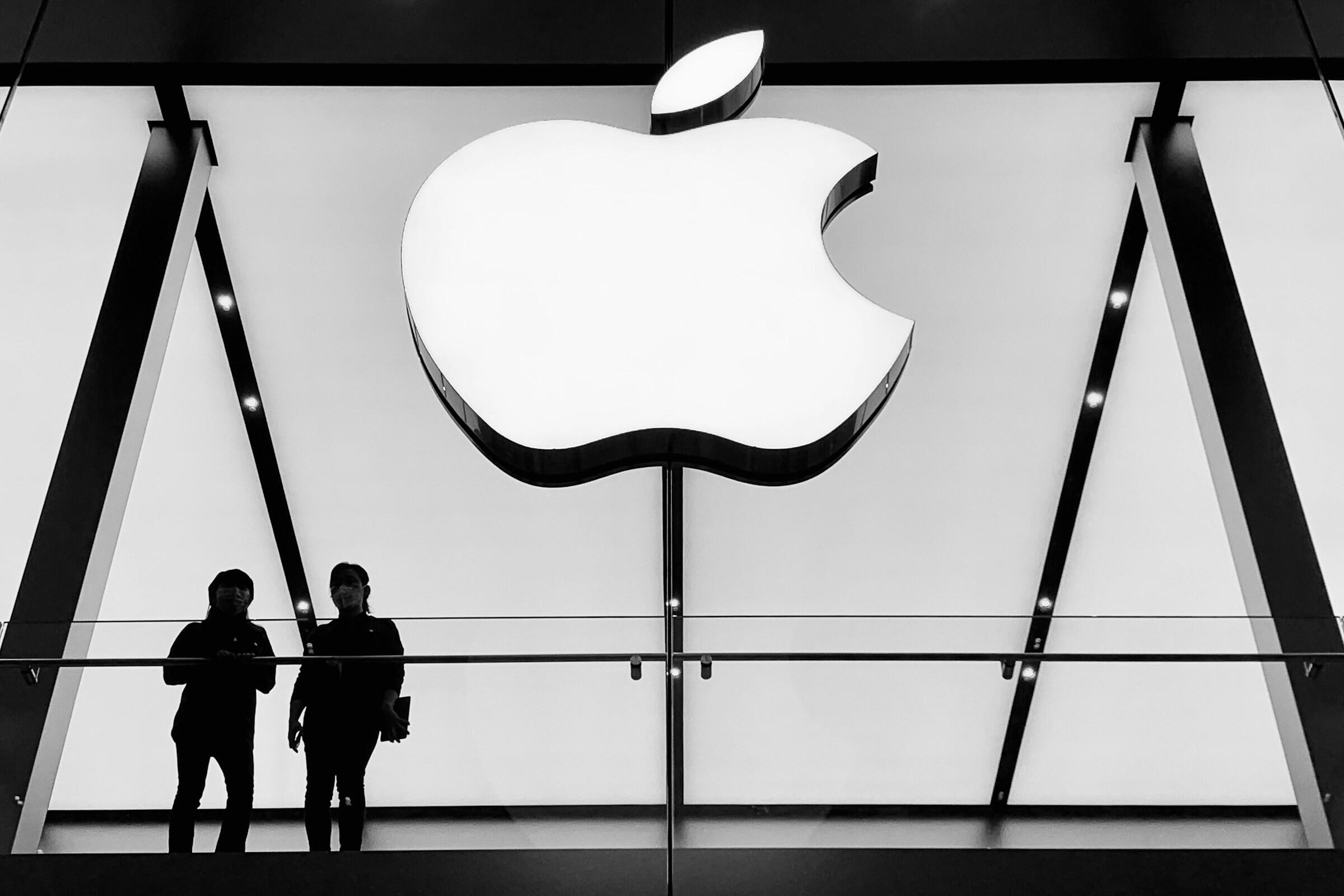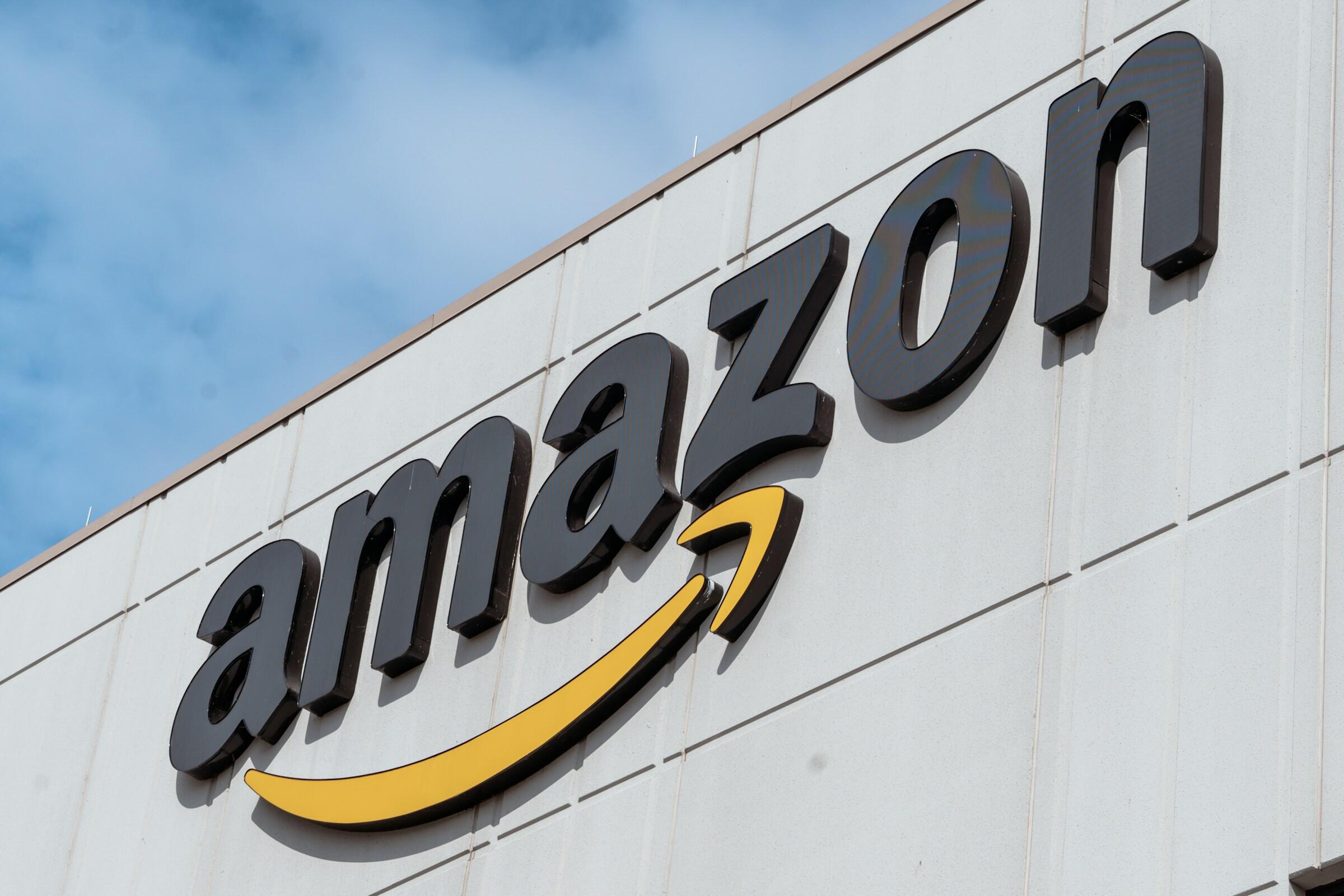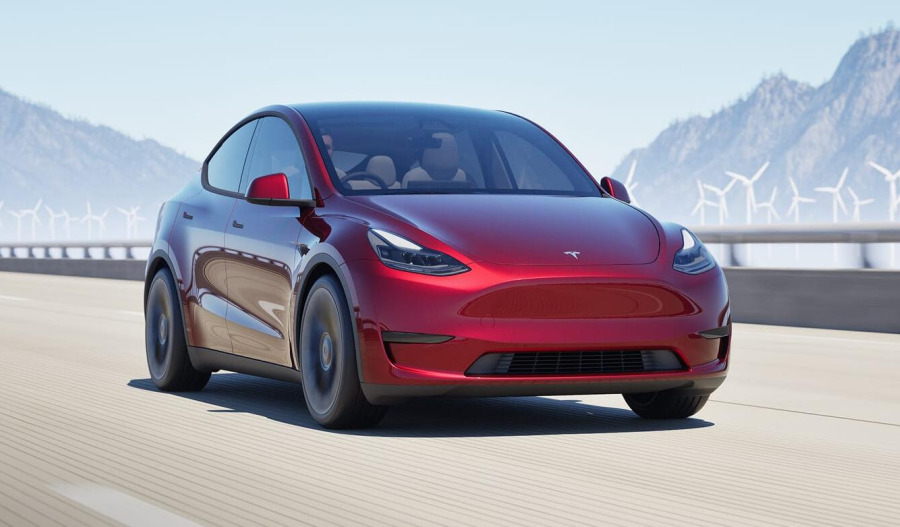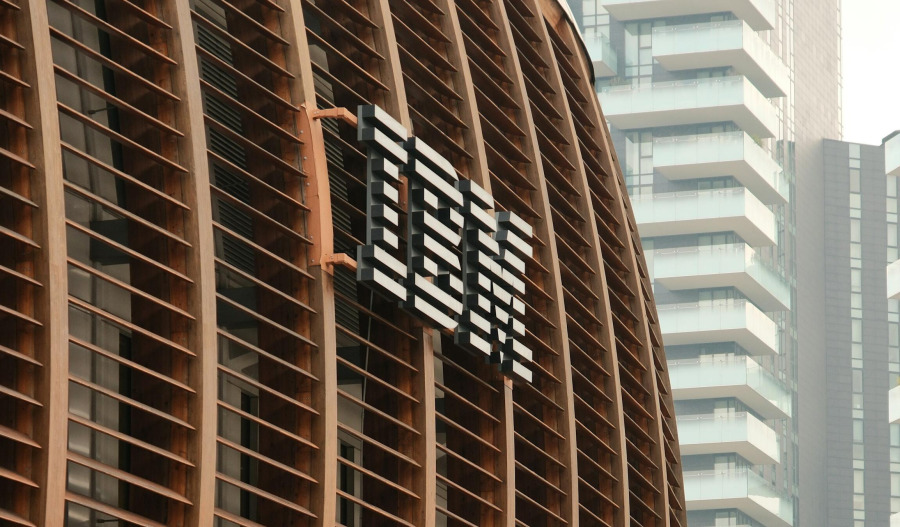The second-quarter earnings season for the Magnificent Seven is officially underway, and the early returns have already rattled and reassured.
Last Wednesday, Alphabet and Tesla were first out of the gates - setting the tone for what promises to be an intriguing period for the world’s biggest tech companies.
Alphabet delivered strong results, comfortably beating revenue and profit forecasts on the back of surging demand for cloud services and resilient digital advertising.
But the real jolt came from the company’s announcement of increased capital spending, now expected to reach US$85 billion for the year, up from a previous $75 billion.
Alphabet CEO Sundar Pichai attributed the boost to “strong and growing demand for our Cloud products and services”, while CFO Anat Ashkenazi said that demand is still outpacing their supply capacity.
Despite the solid fundamentals, the stock dipped in after-hours trading before recovering once executives reassured investors of the long-term upside.
Google Cloud’s 32% year-over-year revenue growth blew past expectations, and analysts are now bracing for even more aggressive artificial intelligence (AI) infrastructure investment from Alphabet through 2026.
In contrast, Tesla’s results told a more turbulent story. The electric vehicle maker reported a 12% drop in revenue to $22.5 billion - missing expectations and marking a second straight quarterly decline.
Operating income fell 42% year-on-year to just $900 million. Despite CEO Elon Musk’s upbeat remarks - he called the quarter “very exciting” and claimed “Tesla has a shot of being the most valuable company in the world” - investors were left unmoved.
Shares slid about 5% in after-hours trading.
Musk used the earnings call to highlight experimental ventures like driverless cars in Austin and the opening of a retro-themed diner in Los Angeles.
But behind the flash were hard truths: vehicle deliveries are down 14% year-over-year, average selling prices have slipped, and the company continues to suffer from reputational damage stemming from Musk’s role as the head of President Trump’s controversial Department of Government Efficiency.
Mass protests and consumer boycotts have dented Tesla’s brand, and global car registrations have slumped across the U.S. and Europe.
Now, the spotlight turns to the remaining five ‘Magnificent 7’ companies - Meta, Microsoft, Amazon, Apple, and NVIDIA - most of which report next week.
Data from FactSet shows that markets are expecting the Mag 7 group to post over 14% year-over-year earnings growth, compared with just 3.4% for the rest of the S&P 500.
As analyst Kevin Gordon at Schwab notes, “Guidance and earnings surprises will take on heightened importance as markets remain sensitive to forward-looking commentary, especially amid policy uncertainty and instability related to trade, tariffs, and interest rates.”
Meta: High Hopes, Higher Costs
Meta is expected to post earnings per share of $5.87 on revenue of $44.77 billion, with year-on-year revenue growth slowing to 14.5% - the slowest pace since mid-2023.
Investors will be watching closely for signs that CEO Mark Zuckerberg’s bold AI investments are starting to pay off.
In recent months, Zuckerberg hired Scale AI’s CEO Alexandr Wang and former GitHub boss Nat Friedman, launching a new initiative called Meta Superintelligence Labs.
The company has hiked its full-year capital expenditure guidance to as high as $72 billion.
While the ambition is clear, the burden is heavy. “Meta needs to make a case for strong AI returns to drive multiple expansion,” said analysts at Bank of America, calling Zuckerberg’s AI spree a potential risk if execution falters.

Microsoft: Cloud, Chips, and Caution
Microsoft is forecast to report EPS of $3.38 on $73.8 billion in revenue, powered by continued growth in its Azure cloud platform. But potential warning signs are emerging.
Analysts flagged at least one instance of a client pulling workloads out of Azure, and the Trump administration’s aggressive government downsizing could pose additional headwinds for federal contracts.
CFO Amy Hood previously forecast 34%–35% growth in Azure revenue, but investors will be focused on Microsoft’s capital spending guidance for the year, expected to reach $99 billion.
Microsoft has already laid off 9,000 staff in July as it trims operating costs heading into fiscal 2026.

Apple: Tariffs Bite Into Growth
Apple, which reports next Thursday, is projected to post EPS of $1.43 on revenue of $89.11 billion - roughly in line with its recent performance.
However, investors remain anxious about the iPhone maker’s exposure to geopolitical risk.
Apple has been one of the most vulnerable firms to President Trump’s tariff push and has already seen a 15% drop in its stock this year.
The company has begun shifting production from China to India and Vietnam, but that process is far from complete.
Trump’s praise for Apple’s recent $500 million rare earth materials deal in the U.S. may signal a warmer White House stance, but analysts are unconvinced that this will significantly offset supply chain headwinds.

Amazon: Cloud Constraints, Trade Headwinds
Amazon rounds out next week’s earnings parade. The company is forecast to earn $1.32 per share on $162.1 billion in revenue.
Cloud services remain in focus, with AWS growth slowing to 17% in Q1 and projected to remain steady in Q2.
CEO Andy Jassy warned of constraints on data centre capacity, particularly in securing power and AI chips, though these are expected to ease later in the year.
Tariff pressures are also a concern. Amazon said it and many third-party sellers have stockpiled inventory to dodge levies, but once that buffer is gone, margins may tighten.
Jassy has maintained that Amazon is well-positioned to weather the storm, but analysts are watching closely for any cracks.

Outlook: AI and Trade Still Front and Centre
The upcoming week of earnings could determine whether Big Tech extends its 2025 rally or succumbs to mounting pressures.
While Alphabet’s cloud success and Meta’s AI vision offer optimism, Tesla’s slump and tariff threats cast long shadows.
With Trump’s 1 August tariff deadline looming, and the AI arms race driving capex to stratospheric levels, next week’s results could reshape market sentiment for the rest of the year.
As Gordon of Schwab puts it, “What companies say about the future will matter more than what they did last quarter.”



